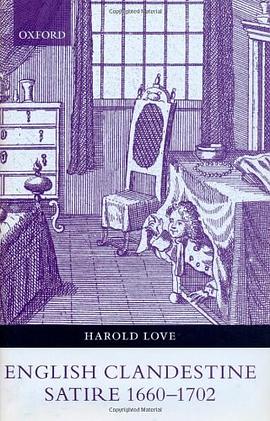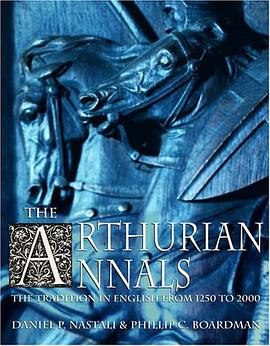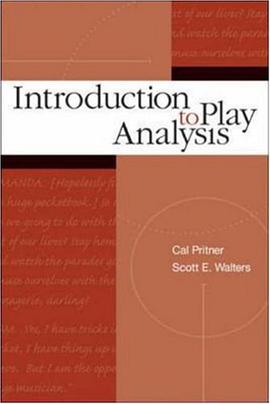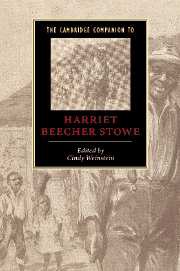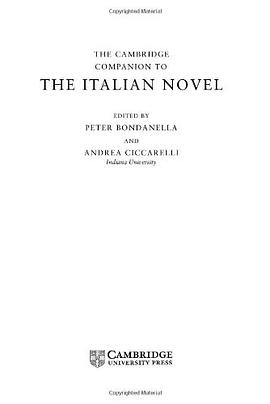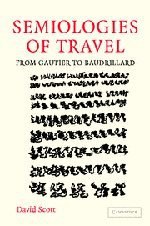

具體描述
Elizabeth Bowen is a writer who is still too little appreciated. Neil Corcoran presents here a critical study of her novels, short stories, family history, and essays, and shows that her work both inherits from the Modernist movement and transforms its experimental traditions. Elizabeth Bowen: The Enforced Return explores how she adapts Irish Protestant Gothic as a means of interpreting Irish experience during the Troubles of the 1920s and the Second World War, and also as a way of defining the defencelessness of those enduring the Blitz in wartime London. She employs versions of the Jamesian child as a way of offering a critique of the treatment of children in the European novel of adultery, and indeed, implicitly, of the Jamesian child itself. Corcoran relates the various kinds of return and reflex in her work-notably the presence of the supernatural, but also the sense of being haunted by reading-to both the Freudian concept of the 'return of the repressed' and to T. S. Eliot's conception of the auditory imagination as a 'return to the origin'.Making greater interpretative use of extra-fictional materials than previous Bowen critics (notably her wartime reports from neutral Ireland to Churchill's government and the diaries of her wartime lover, the Canadian diplomat Charles Ritchie), Corcoran reveals how her fiction merges personal story with public history. Employing a wealth of original research, his radical new readings propose that Bowen is as important as Samuel Beckett to twentieth-century literary studies--a writer who returns us anew to the histories of both her time and ours.
著者簡介
圖書目錄
讀後感
評分
評分
評分
評分
用戶評價
相關圖書
本站所有內容均為互聯網搜索引擎提供的公開搜索信息,本站不存儲任何數據與內容,任何內容與數據均與本站無關,如有需要請聯繫相關搜索引擎包括但不限於百度,google,bing,sogou 等
© 2025 book.quotespace.org All Rights Reserved. 小美書屋 版权所有





